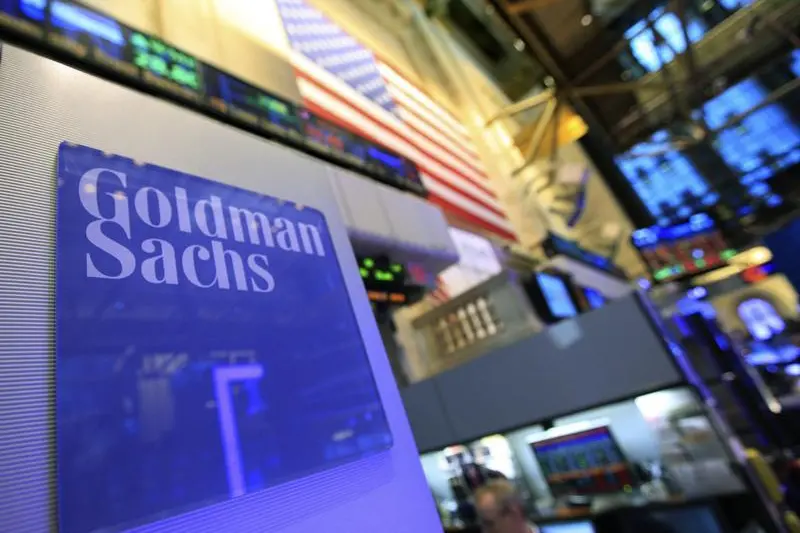PHOTO
NEW YORK - The work of 150 years isn’t quickly undone. But the supertanker that is Goldman Sachs is starting to turn. The Wall Street firm’s revenue shrank 13 percent in the first three months of 2019, compared with a year earlier, but the giant investment bank is unmistakably starting to look less like an investment bank.
Under new boss David Solomon, the company has been attempting to switch its emphasis from choppy deal- and trading-based revenue into more stable lines of business like lending. That now has some meaning. Some 60 percent of revenue comes from those less volatile businesses, based on the quarterly figures Goldman reported on Monday. Interest income of $5.6 billion was Goldman’s highest as a group in at least a decade, as was the net interest on its loan book.
That largely reflects Goldman’s push to become something like a modern twist on a traditional bank. A new credit card launched with Apple is one example; less flashy but more substantial is the rising share of Goldman’s funding that comes from deposits rather than borrowing from markets, saving around $1 for every $100 of funding. Client savings now make up more than a quarter of total funding, compared with 23 percent in 2017. That directly benefits the company’s return on equity, a number investors monitor keenly.
Solomon has more to trim. Commodities trading was fairly healthy in the quarter, as it was for rival JPMorgan, but the swings it creates don’t fit with what Solomon says he wants Goldman to be. Fixed-income trading still makes up 21 percent of revenue - even more than a year ago despite an 11 percent year-on-year fall. That was better than market leader JPMorgan’s 18 percent decline, but Citigroup on Monday posted a 1 percent gain because it more than Goldman serves companies rather than speculators.
Turning Goldman into something new isn’t without risk. Unlike Citi and JPMorgan, its earnings actually shrank by 20 percent from a year earlier, when buoyant markets boosted trading. And the businesses it’s pushing into are pretty well served already. So from this point, the $76 billion firm starts to become a bet that Solomon and his crew can be better at something his rivals have been doing for longer. That will take longer to prove, but he’s at least on the right course.
CONTEXT NEWS
- Goldman Sachs reported $8.8 billion of revenue for the first three months of 2019, a 13 percent reduction from the same period a year earlier.
- Earnings applicable to common shareholders were $2.2 billion, compared with $2.7 billion a year earlier. At $5.71 per diluted share, earnings exceeded the mean analyst estimate of $4.89, according to I/B/E/S data from Refinitiv.
(Editing by Tom Buerkle and Martin Langfield)
© Reuters News 2019





















